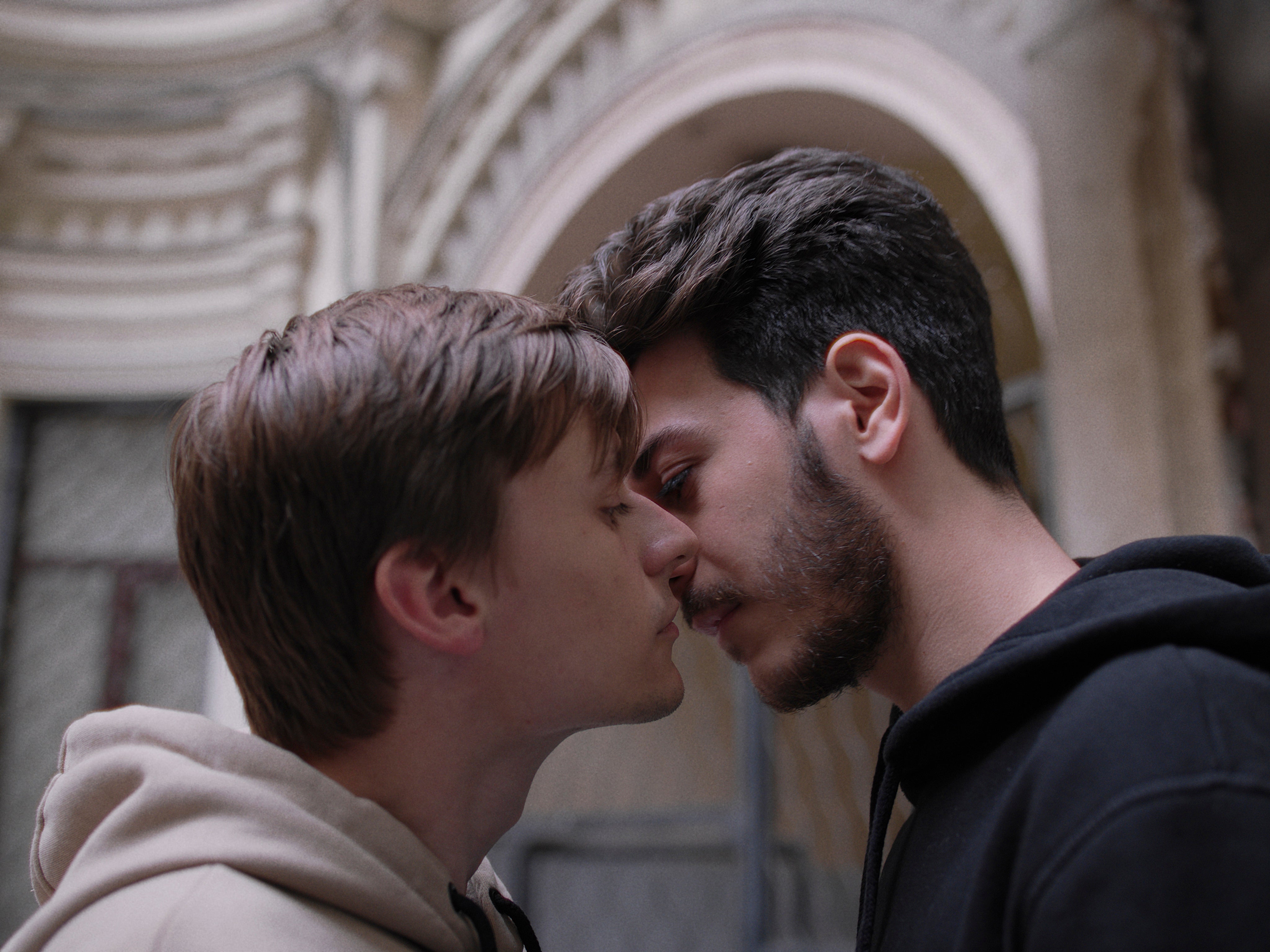Queer online series meets eager Russian LGBTQ audience
Russian film director Andrei Fenochka says his online series about queer young people is important for LGBTQ people in a country that bans gay “propaganda” among minors

Your support helps us to tell the story
From reproductive rights to climate change to Big Tech, The Independent is on the ground when the story is developing. Whether it's investigating the financials of Elon Musk's pro-Trump PAC or producing our latest documentary, 'The A Word', which shines a light on the American women fighting for reproductive rights, we know how important it is to parse out the facts from the messaging.
At such a critical moment in US history, we need reporters on the ground. Your donation allows us to keep sending journalists to speak to both sides of the story.
The Independent is trusted by Americans across the entire political spectrum. And unlike many other quality news outlets, we choose not to lock Americans out of our reporting and analysis with paywalls. We believe quality journalism should be available to everyone, paid for by those who can afford it.
Your support makes all the difference.Russian film director Andrei Fenochka says his online series about queer young people is important for LGBTQ people in a country that bans gay “propaganda” among minors
Fenochka's “Here I Come” series that debuted last fall is marked as only available to people older than 18 in accordance with Russian law.
Fenochka said Tuesday that the Russian audience has welcomed the series, which he described as a romantic story that mixes “mystics, dreams and everyday life.”
“We have met with a very positive, supportive reaction from young viewers because they finally see the presentation of this part of society not only in English or in Korean, but also in Russian,” he said. “It is important for them to feel that they are not alone, they are not in isolation, they are not banned. Therefore, the interest is very large.”
Homosexuality was decriminalized in Russia in 1993, but anti-gay sentiment remains widespread. In 2013, Russia adopted a federal law banning "propaganda of nontraditional sexual relations among minors.” The law has been widely criticized as effectively blocking any public discussions of homosexuality while authorities have argued it’s intended to protect the interests of children.
And in the predominantly Muslim Russian province of Chechnya, scores of men were arrested and tortured and some were killed on the mere suspicion of being gay in recent years, according to human rights groups. Chechnya's Kremlin-backed regional strongman leader Ramzan Kadyrov has claimed there are no gays in Chechnya and a government probe found no proof of abuses.
Asked if he fears reprisals, Fenochka said that he and members of his crew were concerned about the safety of their actors while they were filming romantic scenes in open locations. He emphasized that all his actors were adults.
He noted that the sense of danger has given him a flow of adrenaline and argued that it's not a reason to be afraid.
“If you feel a free person and continue to live in Russia and you want to talk about any topics in your art, you need to be ready for any consequences,” he said.